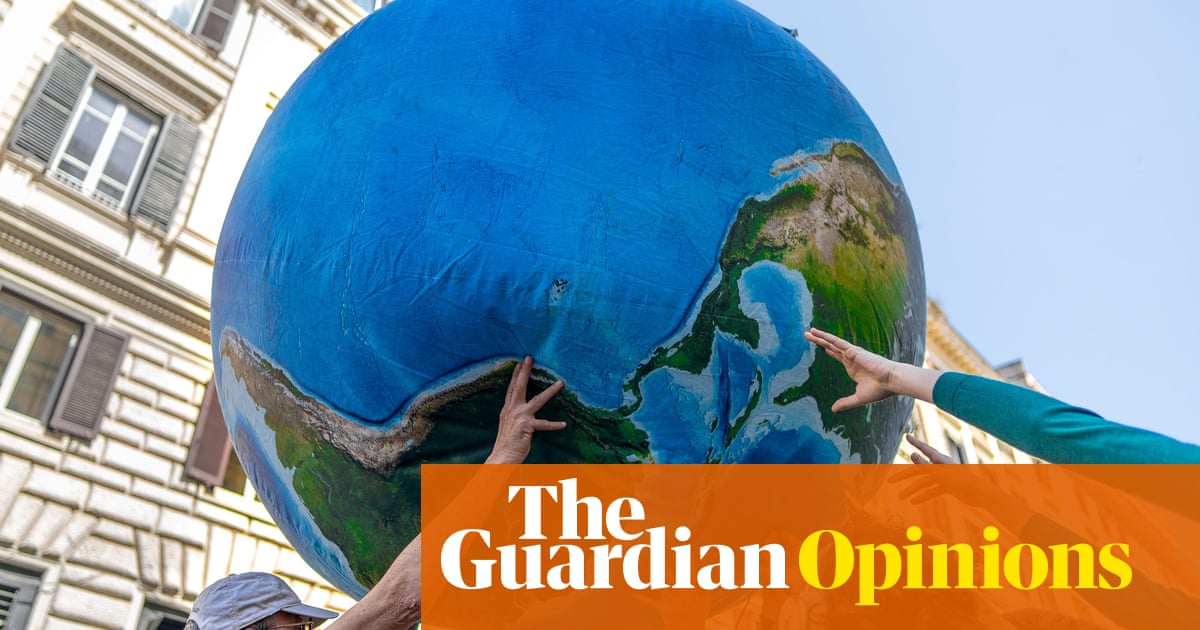Inflation is, at base, a tax on consumption – and it hits the poor the hardest, since they consume more of their incomes and the rich consume less.
That’s one reason for concern over Donald Trump’s tariffs, which will disproportionately affect the poor. When the 90-day pause on the tariffs expires, it is reasonable to expect prices to rise, and by a lot.
That’s because, first, intermediate goods – rather than finished ones – dominate trade, crossing borders and being tariffed multiple times along the way, which makes them highly inflationary. Second, while the tariffs of the first Trump administration could be more easily absorbed by exchange rates and producers, there is no way tariffs of this magnitude can be absorbed. Producers and consumers must take a hit, and that means rising prices. It looks like the poor, once again, will suffer the most.
But if Trump’s tariffs were to disappear for good, would we return to a world of stable prices? Insights from our forthcoming book,Inflation: A Guide for Users and Losers, suggest that is sadly not the case, for three reasons.
The first is how we think about inflation and how we respond to it. We identified four distinct ways that the public and central banks have talked about the causes and effects of inflation in the past few years. The first story is the textbook idea that “the government spends too much money”. The second focuses on wages pushing up prices – a labor market story. These two stories both see inflation as coming from demand outpacing supply. Consumers demand too much because governments put too much money in their pockets, and workers ask for higher wages despite no significant improvements in productivity. If production can’t keep up with the surge in demand, then the inevitable consequence will be rising prices.
The two other stories we identified see inflation the other way around. It’s the supply side of the economy that generated inflation. There’s the “supply shocks” story, where unexpected events such as Covid or the Ukraine war push up prices and they stay up until the economy adjusts. And finally, there is the story of corporations in concentrated markets using inflation as cover to raise prices.
There is evidence for (and against) all four causal stories. But what policymakers tended to focus on were the first two. As a result, central banks raised interest rates, which can be effective in reducing inflation when it is demand-driven but cannot do much if inflation comes from an exogenous shock, such as Covid or a war.
What is interesting about the 2020s inflation was that the latter two stories – supply shocks and opportunistic corporations – turned out to be just as, if not more, important than the first two.
But is that all there is to future inflation? No, and that brings us to reason number two.
The Trump administration has recently declared a war on climate change research inside the federal government and in the wider US research community, as well as a doubling down on carbon-based business models. But wishing the problem away won’t make it disappear. The real drivers of future inflation are not just tariffs, but the climate crisis and states backing off their decarbonization efforts.
Climate change is already affecting prices. The first driver for this is insurance markets. A combination of massively rising damage costs from droughts, wildfires and floods has seen insurance costs soar in many countries. Some insurers have moved to cut coverage in US states such asCaliforniaandFlorida, with the result that the state there is on the hook for damages it can never cover. Recognizing this, reinsurers – the companies that protect insurance firms – are pulling their coverage from insurance writers, creating a long-term rise in prices. The effects spread well beyond insurance markets. In the US you cannot get a mortgage or build without insurance. Housing is already in critically short supply. Prices can only go up.
The climate crisis is also having long-term effects on what we eat. The Potsdam Institute for Climate Impact Research and the European Central Bank have produced the firstsystematic assessmentsof how much climate change will impact inflation through impacts on food supplies. Assuming temperature increases projected through 2035, which are probably understated, food inflation will increase by 0.92 to 3.23% per year, while headline inflation will rise between 0.32 and 1.18% per year. US wildfires and Europe’s recent and persistent droughts and crop failures are really just the thin end of this inflationary wedge.
Finally, there is the question of how everyone else responds to the US breaking the current global order. The UK’s nationalization of a primary steel company, the move to expand Heathrow airport, and more spending on defense all suggest that our attempts to decarbonize our economies are being put on hold in the name of adjusting to these new realities. The US has effectively given up trying to do anything about it and has decided instead to “drill, baby, drill”.
The EU’sGreen Dealwas already in trouble electorally, and Trump’s decisions have moved the drive for rearmament to the top of the priorities queue. Meanwhile, China’s decarbonization model depends upon everyone else buying its green tech, which itself is built with enormous coal input. Any long-term financial bonus we might get through the lower costs of more installed renewables and lesser climate damage will be much less than anticipated, even a few years ago, as we backpedal on decarbonization.
In short, viewing tariffs as a source of inflation is probably a good idea. But in doing so we should not miss the underlying forces that no amount of central bank tinkering can accommodate – and that we refuse to fully confront.
Mark Blyth is a political economist and professor at Brown University. Nicolò Fraccaroli is a visiting scholar at Brown University
